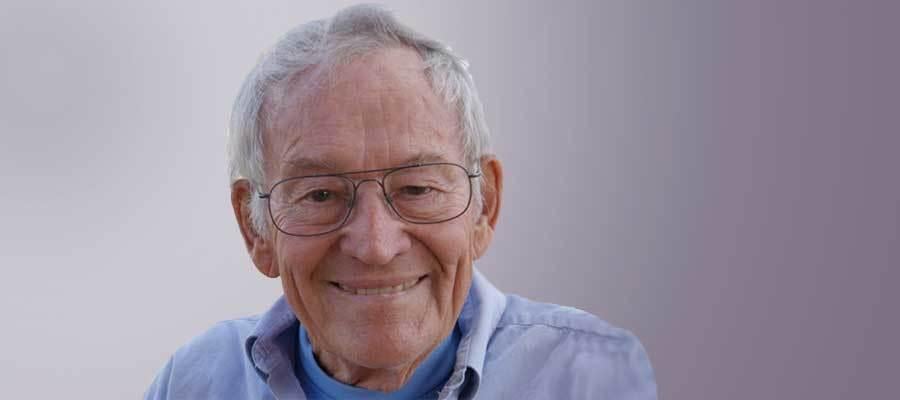Throwback Thursday: First Person Oral History with Paul Ellwood, Jr., M.D.

On Thursdays, we highlight an oral history featuring health care leaders who shaped the past and laid the foundation for the future. Since 1978, the AHA has conducted more than 100 interviews as part of this project and transcripts are available in the oral history collection on the AHA’s Resource Center webpage. The following oral history with Dr. Paul M. Ellwood, Jr. comes from an interview conducted in 2015.
Born at the same hospital where his father had interned as a physician and his mother a student nurse, Paul Ellwood, Jr. M.D., from the day he was born, seemed destined for a prominent life in American health care. Ellwood credits his parents’ charitable activities and devotion to serving others for his own value system of helping our most vulnerable populations. After completing his medical education at Stanford University, Ellwood began his career as a pediatric neurologist at the Elizabeth Kenny Institute in Minneapolis in the 1950s, during the height of the polio epidemics that struck children during the summer months.
Following the polio vaccine, Ellwood’s focus changed to those in need of physical rehabilitation. Influenced by some politically active rehabilitation medicine specialists, he became interested in health policy and formed organizations to study and consult on the issues of the day. The first, The Medical Ecology Group, after some initial work in Minnesota, the U.S. Surgeon General’s office tapped the group to help with the implementation of the new Comprehensive Health Planning law in the late 1960s. This later led to involvement in designing the concept of the health maintenance organization in 1970, thus leading to his informal title of “the father of the health maintenance organization.”
In the 1990s, having relocated to Wyoming, Ellwood founded the Jackson Hole Group, an invited group of politicians, economists, and policy leaders, who met for study and discussion of health care issues. In his oral history, Ellwood discusses his early influences, his career, and shares his views of the way that national health policy was shaped in various administrations.
To read the full oral history transcript, click here.

